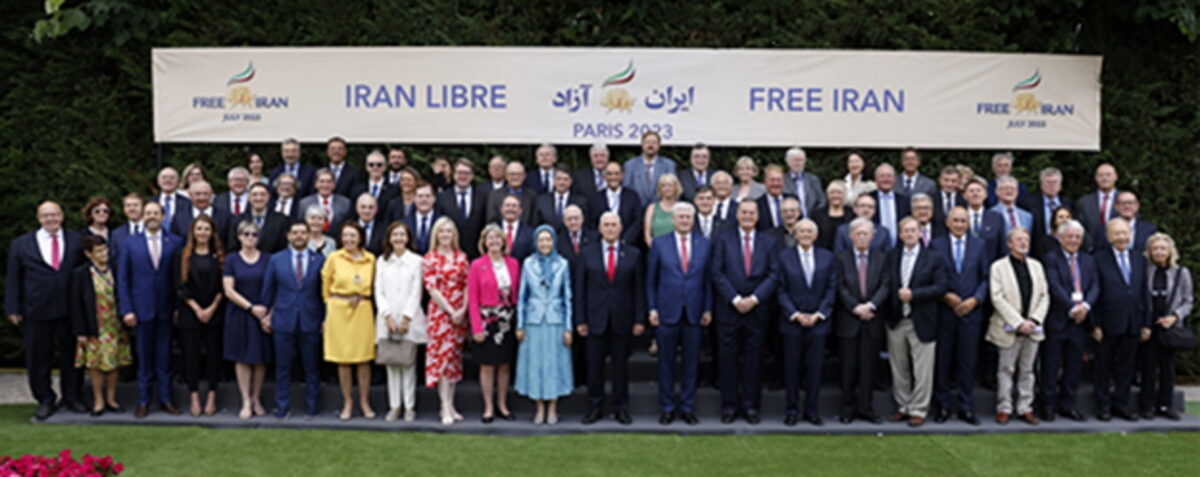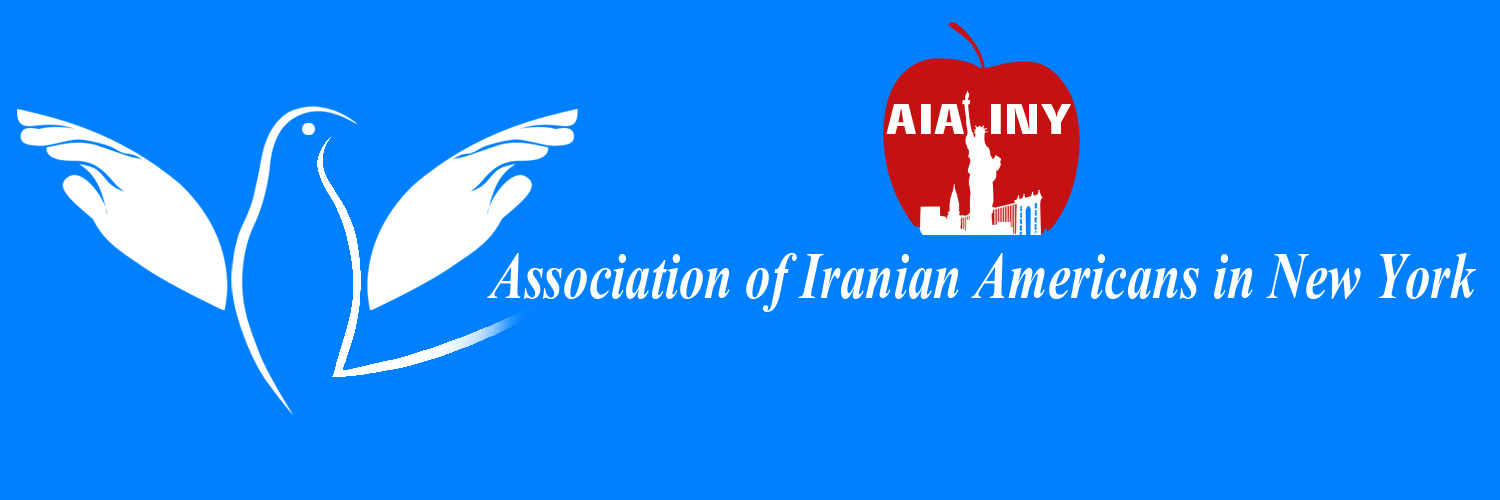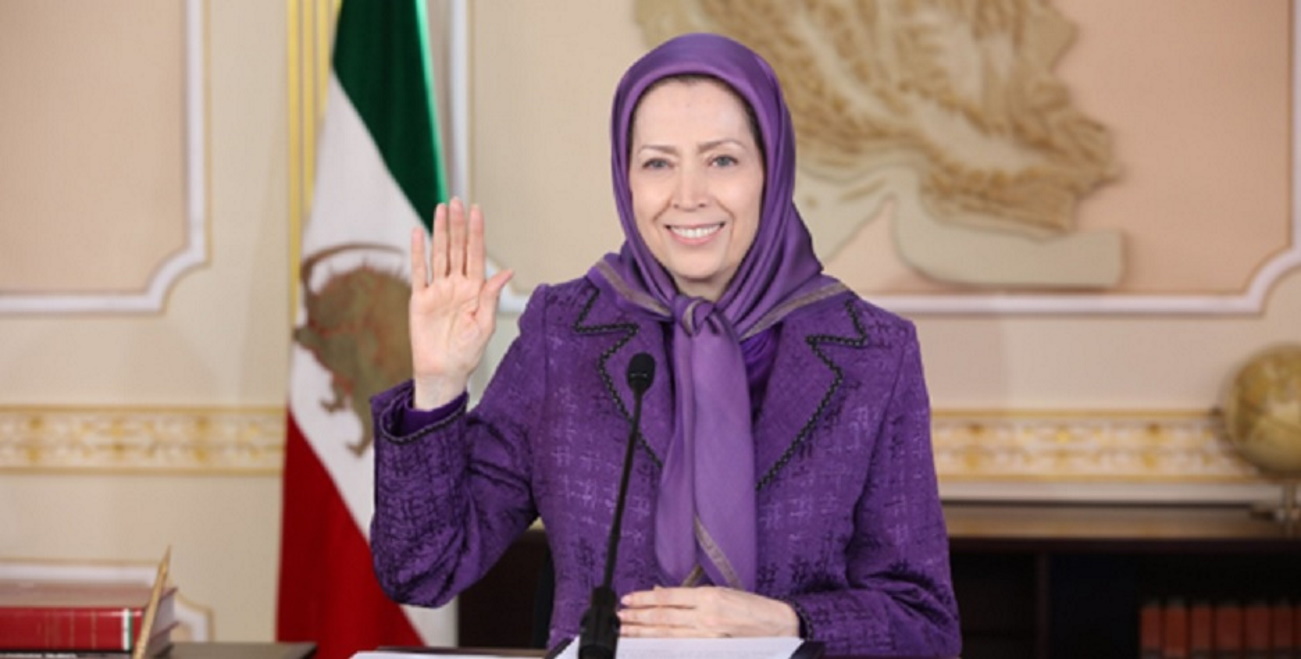
Global Consensus: NCRI Stands as Viable Democratic Alternative for Iran
Townhall | Ivan Sascha Sheehan | Jul 16, 2023
Picture the vibrant suburbs of Paris as they became the epicenter of an electrifying gathering earlier this month—the Free Iran World Summit 2023. The event boasted an extraordinary lineup of over 500 global leaders, luminaries, and influential personalities, including current and former officials, presidents, prime ministers, ministers, and lawmakers from the United States, Europe, and the Middle East. They united in resolute support of Iran’s main opposition movement and its transition plan as an alternative to the incumbent theocracy.
Among the attendees were a constellation of notable figures like 2024 US presidential candidate Mike Pence, former prime ministers Stephen Harper of Canada, Guy Verhofstadt of Belgium, and Liz Truss of the UK, and seasoned former National Security Advisors Ambassador John Bolton and General James Jones. Joining them were several renowned members of the European foreign policy establishment, alongside sitting members of the US Congress Lance Gooden (R-TX) and Raul Ruiz (D-CA).
These prominent figures voiced unyielding support for the National Council of Resistance of Iran (NCRI), the largest and most enduring opposition movement in Iran. They rallied behind the NCRI’s Ten-point Plan, a comprehensive roadmap for a future democratic republic, first outlined by the NCRI’s President-elect, Maryam Rajavi.
The timing of the NCRI event couldn’t have been more propitious. Amidst the formidable challenges of nuclear weapons development and terrorist by the regime, a central question emerges: What lies beyond the brittle regime as an alternative? Cunningly, the mullahs have spun a deceptive web, propagating the notion that no viable alternative exists—a ploy to perpetuate its iron grip on power.
However, the Iranian people have unveiled a clear vision and an authentic alternative. Speaking before thousands of impassioned attendees at the Free Iran event on July 1, former US vice presidential candidate Joseph Lieberman declared, “We can never acknowledge that there is no alternative to a totalitarian government, certainly not in Iran. … It is a democratic republic. … And Iran is closer to that today than ever before because the regime is weaker than it’s ever been before.”
This sentiment reverberates through the very core of the nationwide protests in Iran, as impassioned chants thunder: “Death to the tyrant, be it the Shah or the mullahs,” and “Monarchy, mullahs, 100 years of crime!” Iranians stand united in vehement rejection of a despotic return to monarchy-led dictatorship. Yet, the path to a democratic republic demands deft navigation to avoid the pitfalls encountered by nations in the throes of transformative regime change.
A political alternative is not something that can be spontaneously created overnight. Its creation requires patient cultivation and a meticulous struggle over time. A substantive alternative to the current regime embodies certain distinctive characteristics: a robust organizational structure, unwavering domestic and international support, competent leadership, a clear action plan for the future, and an unequivocal rejection of all forms of dictatorship. The NCRI has emerged as a paragon embodying these qualities.
Since 1981, the movement has weathered the storms of a prolonged and arduous struggle against the prevailing religious tyranny. With the help of its main constituent, the Mujahedin-e Khalq (MEK), the coalition has defied the suffocating clutches of religious fascism, consolidating its organizational structure, crafting a comprehensive plan, and displaying unwavering resolve—paying the price of resistance day in and day out.
Kazem Gharibadai, deputy for legal affairs to the Judiciary Chief recently revealed that not a single meeting with European countries transpires without Tehran raising the issue of the MEK, which Tehran deeply fears as an existential threat. Such concern was palpable when, on June 10, President Ebrahim Raisi of Iran beseeched his French counterpart, Emmanuel Macron, to halt and prohibit the Free Iran rally.
Eager to appease Tehran, French authorities complied, but the NCRI successfully contested the ban in court, embarrassing both the Islamic theocracy in Tehran and the advocates of appeasement in Paris. The very fact that the rally took place underscored the opposition’s impressive diplomatic and organizational capabilities.
The NCRI comprises a tapestry of opposition groups and individuals. The MEK has demonstrated remarkable prowess in intelligence-gathering and enjoys fervent grassroots support through its well-organized Resistance Units, which according to regime officials, lead nationwide protests. At the Free Iran rally this month, over 10,000 messages poured in from these units, prompting the regime to panic and hastily announce the arrest of Resistance Unit members—an unmistakable testament to their influence.
The NCRI commands significant international backing. The recent summit witnessed powerful endorsements from 3,600 lawmakers representing 40 countries, including majorities from France, the United States, the United Kingdom, Italy, and Norway.
The movement’s Ten-Point Plan for a secular, democratic, and non-nuclear Iran has garnered widespread acclaim both at home and abroad. It stands as a tangible and pragmatic roadmap, capable of dexterously navigating the most pressing strategic concerns on the nation’s path to transformation.
Amidst the crucible of adversity, a glimmer of hope emerges in the form of the main organized Iranian opposition—a beacon of resilience and a viable alternative to the nightmarish status quo in Iran. To forge a more secure world and weaken authoritarian regimes across the globe, Western governments must resolutely heed the resounding support of countless luminaries who now rally behind this compelling alternative.
Dr. Ivan Sascha Sheehan is the executive director of the School of Public and International Affairs at the University of Baltimore and an associate professor in the College of Public Affairs. Dr. Sheehan specializes in global terrorism, counterterrorism, U.S. foreign policy, and international conflict management.


